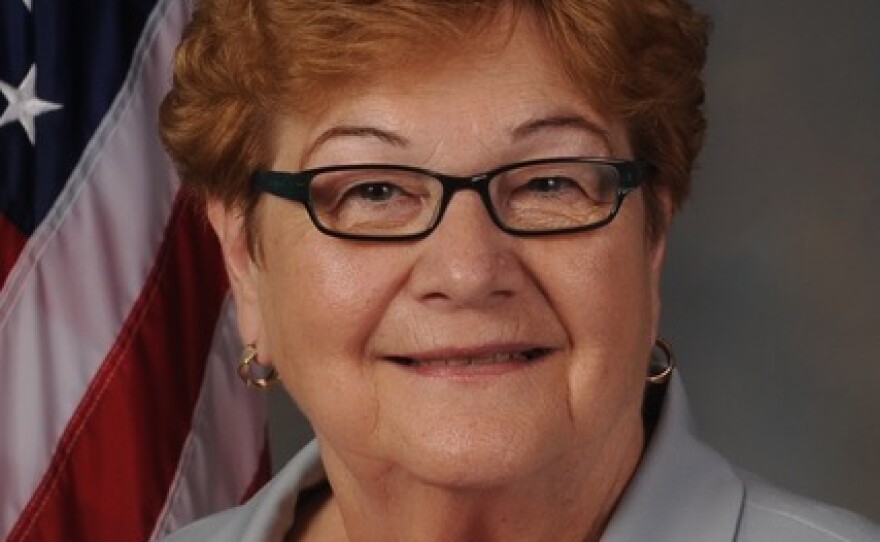Air Force veteran Marilyn McCauley is the founder and chair of Operation Fairborn Cares, a grassroots organization helping post 9/11 veterans transition back to civilian life. Marilyn tells her friend Cassie Barlow about the young man who inspired her to start Operation Fairborn Cares.
(Transcription):
Marilyn McCauley: It was a sad story. He entered Iraq very early on. They got into the chemicals that Russia had left in that part of the country, back when they were in there. So, when he got out, he was the only military left from his unit that hadn't died. He was trying to get a masters. He had teenage children, he had three teenage children. They just couldn't live on his check and his stipend that he got from going to school. They needed food. His car was in such bad shape that he wouldn't drive the interstate to go to school. He would take the back streets in case his car broke down so he at least walked someplace.
So, we got his car in to get fixed and I didn't want to be overbearing with him but I thought, "I think there's probably other things he needs, and his family." So, I just kept talking with him without disrespecting him. It turns out they did have a lot of needs. So, we just put the wheels in motion and got him fixed up. And again, I said, if he needs help there's got to be a lot more out there.
So many of the veterans, post 9/11, went in right out of high school. They had not lived life. They had no social skills, no business skills, not many life skills in a lot of cases. So, as a result, they go in the military and everything's taken care of for them as a result of just being in the military. Their paycheck comes in automatically. If they're buying a car, that comes out automatically. They got someplace to sleep at night, you know, three meals a day, whatever. They come home and all of a sudden, oh my goodness, I got to do this, and they don't know how. That's what gets a lot of them in their crisis moments, if you will, to start with is they just don't know how to manage.
Now, I know they go through transition when they come out of the military, but I have to chuckle. The military and its infamous approaches to things. I said transition by PowerPoint probably didn’t buy those young people a thing. We all know sitting there and all they can think about is going home. Those PowerPoint slides? They probably don't remember a thing that they told them. I’m not knocking the military, but it's reality.
Cassie Barlow: Yeah, that personal touch is so important. That's a big deal to have that that person kind of guiding you to help make the transition a little-bit better.
McCauley: So anyhow, that's really what is the grassroots of our organization. We are a very grassroots, very small organization. We don't have an office. One of the churches allows us to use one of their rooms to meet clients. So far, we have served 64 veteran requests and over $47,000 worth of goods and services since 2011. So, we're really proud of that and it's an emergency type request. We can turn things around in 48 hours where the other folks take longer. I keep telling them since they're such bureaucracies, we can do it faster.
Barlow: Well, it's because you're such a small and nimble organization and you fill the void.
McCauley: Yes. Being such a small organization, so many of them, we don't know what's happened to them afterwards. We lose track of them. They go on with their life. We go on to the next crisis. But the good thing is, once in a great while, you will run into one of them in the community and they have done well. They have moved on. So, you hope you don't have to see them anymore. You hope once or twice as all that they need. That's the whole idea behind our organization.
Veterans' Voices is produced at the Eichelberger Center for Community Voices by Will Davis and Tony Holloway, with support from Seth Gordon Ph.D. at the Wright State Veteran and Military Center. Financial support comes from Wright-Patt Credit Union.





